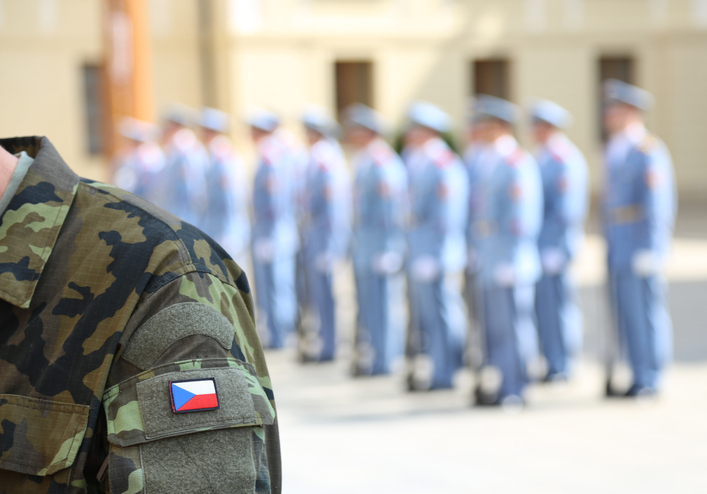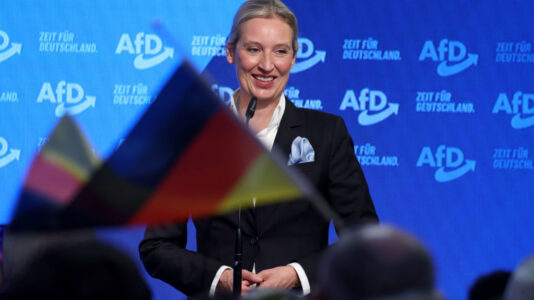As European leaders push for bolstered defense capabilities, a new survey reveals that nearly half of Czech citizens believe current defense spending at 2 percent of GDP is sufficient, and only a small fraction would volunteer to join the military if Czechia or a NATO ally were attacked.
The poll, conducted last month by the Median agency for Czech Radio, found that half of the respondents were content with the current level of investment in defense, one third of people wanted to increase spending above NATO’s minimum threshold of 2 percent, while a quarter of those asked backed a reduction in spending.
The findings come just weeks after the Czech government announced plans to increase defense spending to at least 3 percent of GDP by 2030, a move Prime Minister Petr Fiala has described as both necessary and urgent.
The Chamber of Deputies is set to debate the nation’s defense capability this week, with President Petr Pavel scheduled to address an extraordinary session on the topic.
“Two percent is the minimum today, but not all states even meet that. We need to discuss whether higher spending is necessary and feasible,” Fiala said. He also highlighted the economic benefits of defense investment, including domestic industrial growth, innovation, and technological development.
“Regardless of whether Donald Trump or someone else would win in America, the readiness of the U.S. to provide the complete defense of Europe is decreasing,” Fiala said in January. “That’s enough to watch the internal social debate in the United States, and that’s why it’s in our interest to take care of our defense.”
The U.S. president has long called for European nations to start ramping up their own defense capabilities amid a perceived overreliance on the United States to fund the NATO alliance. Upon his return to the Oval Office, Trump even suggested an increase in spending as high as 5 percent of GDP.
However, while Czech citizens may be divided on how much to invest in the sector, their views on joining the military in the face of an attack are more cohesive.
Should the country or one of its NATO allies be attacked — and thus the alliance’s collective defense principle be triggered — four in five respondents (80 percent) ruled out the notion of volunteering to join the military, with 54 percent point-blank refusing and 26 percent suggesting they would “rather not.”
In contrast, just 6 percent said they would definitely sign up to defend the country from attack, while 14 percent said they would consider it.
The data highlights a significant gap between political momentum for military investment and the public’s willingness to personally participate in national defense.
Furthermore, those within the Czech army are aging, with data from the country’s defense ministry revealing the average age is now 37 and a half years — up by one and a half years since 2018.






